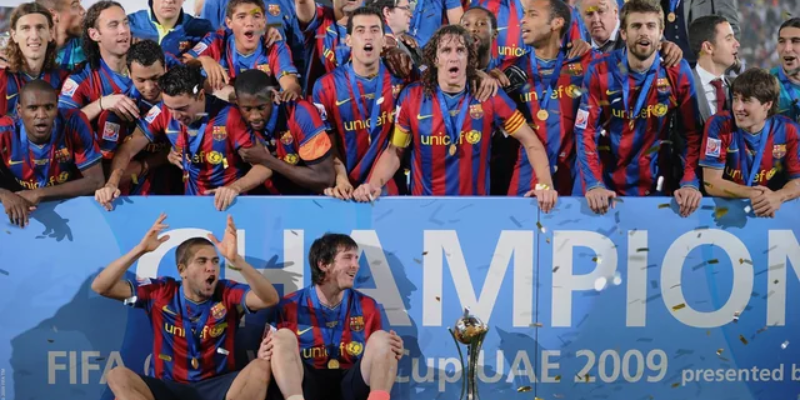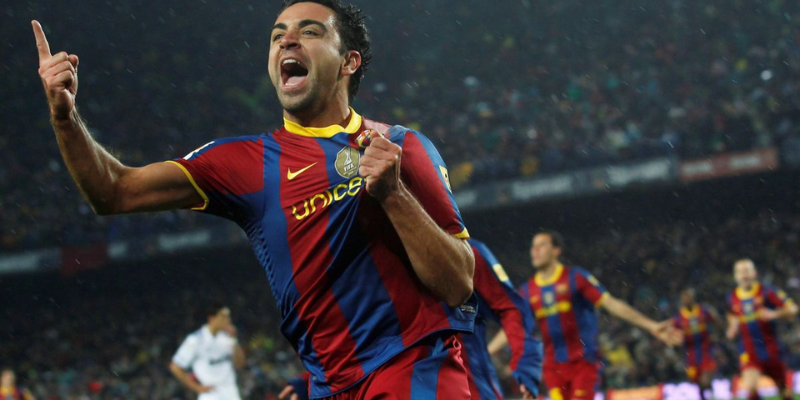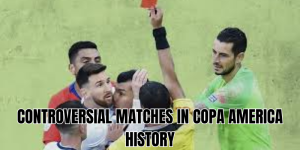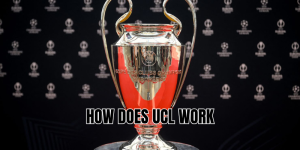Spanish football stepped into a new era—one where regional tournaments would give way to a national league, a stage for giants to grow, rivalries to ferment, and legends to be born. In that inaugural season, only one club would etch their name into history as the first La Liga champion. Join DeutKick as we travel back almost a century to relive how that title was won, who mattered, and how the story shaped Spanish football forever.
Birth of La Liga: Why 1929 Matters

Until the late 1920s, Spain’s top competition was the Copa del Rey, which pitted regional champions against one another. But the lack of a unified national league limited consistent competition among elite teams. The idea for a true Primera División had been floated for years, and finally by April 1928 consensus was growing. A national league—La Liga—would pit the strongest clubs across regions in a round-robin format.
The first season would include ten founding teams: Barcelona, Real Madrid, Athletic Bilbao, Real Sociedad, Real Unión, Arenas de Getxo, Atlético Madrid, Espanyol, Europa, and Racing de Santander. (Racing clinched their spot.)
When the first matches kicked off on February 10, 1929, football in Spain had officially turned a new page.
The 1928–29 Season: A Dramatic Race to the Top

Early phases and shifting leads.
Climactic final day
As the season entered its final round, Real Madrid sat first on goal average ahead of Barcelona. For Barça to snatch the title, they needed to win—and hope Madrid slipped. In the showdown, Barcelona defeated Real Unión 4-1, while Madrid lost on the same day to Athletic Bilbao. That swing allowed Barcelona to leapfrog and become the first La Liga champion.
Barcelona’s final-day clincher sealed their legacy in Spanish football. They secured the crown with 11 wins, 3 draws, and 4 losses, amassing 25 points (under the two-points-per-win system) to Madrid’s 23.
Key figures and performances
- The top scorer of the season was Paco Bienzobas (Real Sociedad), registering 17 goals in 18 matches.
- Josep Sastre, a Catalan forward for Barcelona, was instrumental that season—he scored in the decisive matches and played a key role in the title run.
- On the defensive side, Ricardo Zamora symbolized the evolving goalkeeping standards that would emerge in Spanish football.
Legacy: What Being the First Champion Signified

To win the inaugural league was more than just a trophy—it was the foundation of identity. Barcelona’s achievement in 1929 became a cornerstone in their history, a moment their fans still celebrate as the beginning of dominance in Spanish football.
Moreover, that first season influenced how Spanish football would evolve:
- League structure: The round-robin national format replaced fragmented regional systems, pushing club development across Spain.
- Rivalries crystallized: Matches like Barça vs. Madrid immediately took on extra weight, rooted in the early title race.
- Cultural importance: Clubs began to represent ideas beyond sport—regions, politics, identity—and the league amplified these narratives.
In the decades that followed, other clubs rose and challenged, but that first title remained forever special. It marked the spark.
Aftermath and champions who followed
Barcelona stood as the first—and for a moment, the only—La Liga titleholder. But dominance quickly shifted and shared among other powers:
- Athletic Bilbao emerged early as a force, winning multiple titles in the 1930s.
- Real Madrid would later become the most successful club in La Liga history, amassing more titles than anyone else.
- Others like Atlético Madrid, Valencia, and Deportivo La Coruña have all etched their names into the history of Spain’s top tier.
Through wars, political upheavals, and modernization, the league endured—yet that moment in 1929 remained sacred: the moment the league found its first king.
Final Thoughts
The story of the first La Liga champion is more than a trivia fact—it’s the emotional birth of modern Spanish football. Barcelona’s win in 1929 was bold, uncompromising, and historic. They stood at the summit when the roof was first raised.
If you enjoyed this dive into La Liga’s origins, stay tuned with DeutKick for more player biographies, match-day analysis, club histories, and all the stats every fan craves. Be sure to explore our deep dives on legends, top-10s, and classic matches—and next time someone asks “who won the first La Liga?”, you’ll already be one step ahead.






